
Focus Personality:
Naguib Mahfouz
Naguib Mahfouz Abdelaziz Ibrahim Ahmed Al Basha (11 December 1911 - 30 August 2006), known by his literary name Naguib Mahfouz, was an Egyptian novelist and writer who became the first Arab writer to win the Nobel Prize in Literature.
He began writing since the thirties and continued until 2004. All of his novels are set in Egypt, and the recurring theme of the lane, in reference to the world. His most famous works include the Cairo Trilogy, and the Children of Gebelawi which was banned from publication in Egypt until recently.
This year's Fair features a full programme for the Focus Personality, with 13 sessions including dialogues, a round table, and sessions on Naguib Mahfouz's worlds.
The Fair also features a special pavilion for Naguib Mahfouz, which engages visitors in the life of Mahfouz, his achievements, and his works, as well as a collection of rare behind-the-scenes photos of cinematic works from the great photographer Mahmoud Bakr's archive.
In addition, artist Ahmed Nofal will work on a graffiti wall representing Naguib Mahfouz's historical novels during the Fair.
Featured Sessions

Naguib Mahfouz: A Mirror of History and Society
The session addresses the study of Naguib Mahfouz's works from a sociological and historical perspective.

Mahfouz’s Novels in a Fresh Light (Launching Illustrated Novels of Naguib Mahfouz)
Launching Illustrated Novels of Naguib Nahfouz
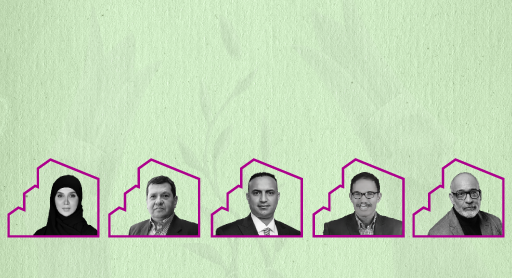
Naguib Mahfouz: Beginnings and Endings
Discussion of Naguib Mahfouz's early works (The Pharaonic Trilogy) and his later works (Autobiographical Echoes and Convalescent Dreams)

Naguib Mahfouz in the Eyes of the World (Roundtable Discussion)
Roundtable Discussion on translating Naguib Mahfouz's works into different languages of the world, with the participation of several experts in translation from Arabic into different languages.
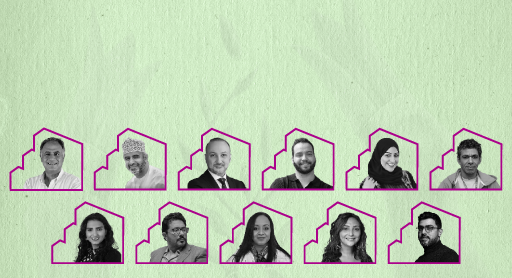
Grandchildren of Naguib Mahfouz and the New Novel (Roundtable Discussion)
Roundtable Discussion on Naguib Mahfouz's Influence on the new generations of Arab novelists.
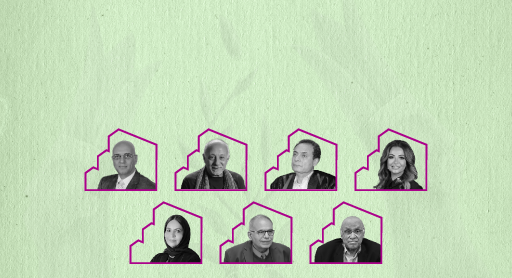
Companions of Naguib Mahfouz
An open session with some of Naguib Mahfouz's closest confidants, and their memories and stories with him
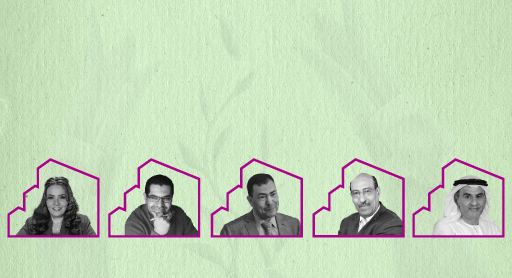
Naguib Mahfouz and Criticism
A session to discuss Naguib Mahfouz's relationship with criticism, the most important trends and currents that addressed Naguib Mahfouz's literature
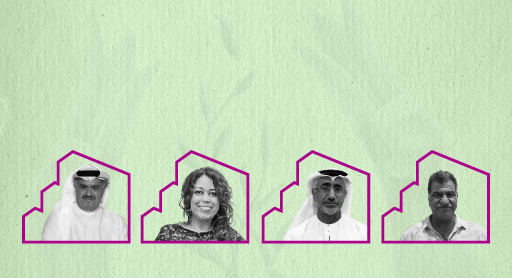
Naguib Mahfouz as an Inspiration
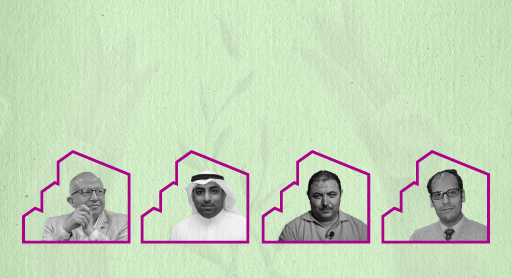
Naguib Mahfouz, the Legacy Lives on
A session on Naguib Mahfouz's most important collections, documents, and museums.
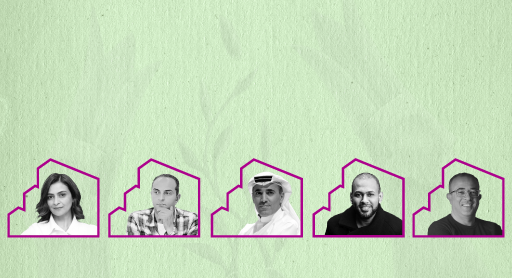
Naguib Mahfouz on Screen
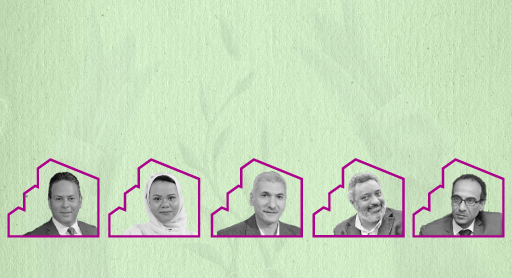
Aspects of Sufism in Naguib Mahfouz's Literature
A session on the presence of mysticism and righteous saints in Naguib Mahfouz's works



